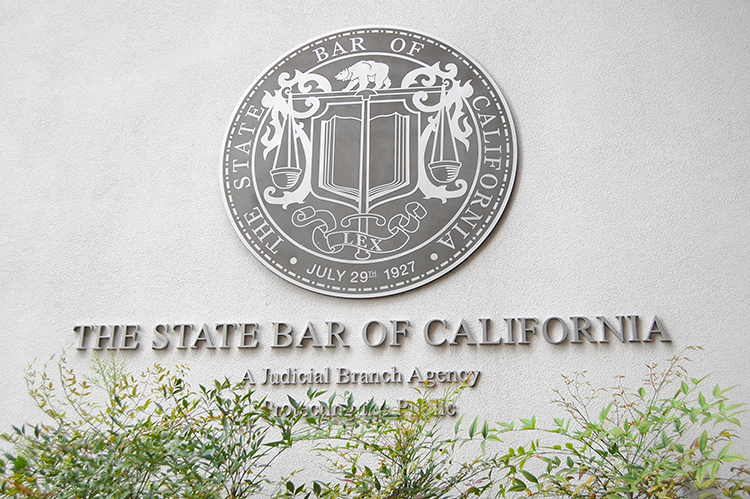Targeting Depo Tactics
Not only was it an example of a deposition gone wrong, but it was to become a case cited nationwide in briefs, reports and presentations on lawyer incivility.
During a deposition in Principe v. Assay Partners, 586 N.Y.S.2d 182 (Sup. Ct. 1992), plaintiff’s counsel repeatedly harangued the female lawyer of a fourth-party defendant in front of several attorneys, repeatedly referring to her as “little girl” and “little mouse.”
Although the New York court called such behavior “a paradigm of rudeness” and ordered monetary sanctions against the acid-tongued attorney, it was not able to act under any authority that specifically prohibited such conduct. Rather, it had to cobble together a remedy based on a prohibition addressing frivolous conduct in civil litigation contained in the Rules of the Chief Administrator of the Courts.
In another case, a New York judge had to rely on a state civil practice rule dealing with failure to disclose discovery in order to boot a case in which plaintiff’s counsel called defense counsel a “scared little man” who practiced “in the sewer.” Corsini v. U-Haul International Inc., 630 N.Y.S.2d 45 (App. Div. 1995).
On Oct. 1, however, the Uniform Rules Relating to the Conduct of Depositions went into effect, giving New York state’s trial court judges a more direct way to crack down on bad behavior. The rules are designed to combat rudeness along with such obstructionist tactics as speaking objections that provide deponents answers, frivolous instructions to witnesses to not answer questions, and abrupt interruptions during questioning.
The rules were adopted by New York’s Chief Administrative Judge Jonathan Lippman upon the recommendation of the Advisory Committee on Civil Practice, which in its June 2005 report stated, “It is not unusual for attorneys, for tactical reasons or because of overzealousness or rudeness, deliberately to interrupt and burden depositions with comments about the adversary’s case.”
Indeed, committee members had observed such behavior across practice areas, including criminal, civil, family and commercial litigation, says its chair, Albany lawyer George F. Carpinello.
But New York isn’t the only state to take a stand against deposition abuses, nor is it the first, notes David Hricik, a law professor at Mercer University in Macon, Ga., and co-host of LegalEthics.com.
Among the states with rules already on the books are Colorado, Florida, Massachusetts, Nevada, New Mexico, South Carolina, Texas, Wyoming, Vermont and West Virginia, says Hricik. He also notes that federal courts have already adopted rules on speaking objections and contentious deposition behavior.
Measuring Results
But do rules against abusive deposition conduct really make a difference? Houston lawyer R. Paul Yetter thinks so. “Most trial lawyers in Texas will tell you there was a time when taking depositions with some lawyers was impossible. It was slow and inefficient because of [witness] coaching,” he says. Once Texas put its rules in place, Yetter noticed a marked change. “Witness coaching is not gone, but it has dramatically been cut down.”
New York hopes that its new rules will have a similar impact to the one Yetter experienced in Texas.
And that would be good for litigators, the legal profession and clients, say proponents of the rules. Hricik adds that in addition to promoting civility, rules like those in New York also promote efficiency. “The rules,” he says, “make depositions more like trial testimony and so probably lead to more accurate assessment of case value.”



